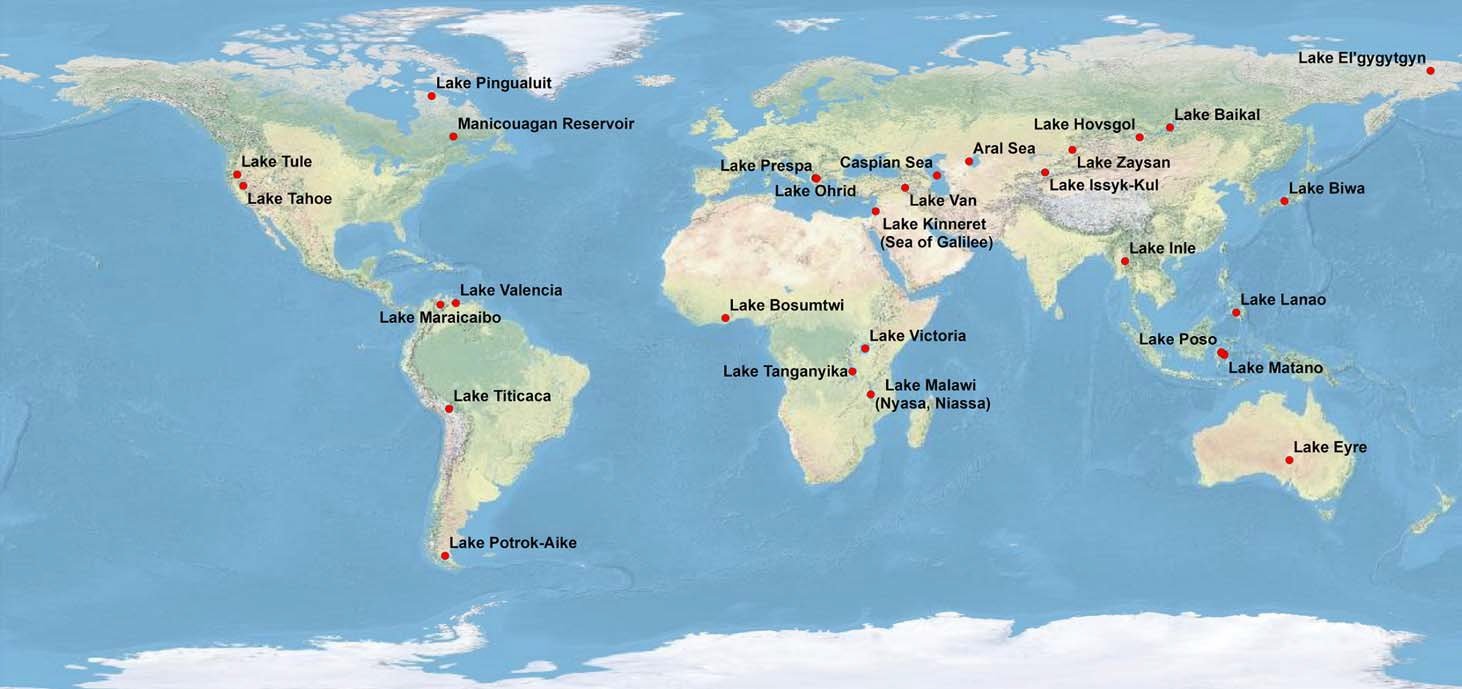this post was submitted on 04 Oct 2023
56 points (100.0% liked)
MapPorn
3220 readers
1 users here now
Discover Cartographic Marvels and Navigate New Worlds!
Rules
- Be respectful and inclusive.
- No harassment, hate speech, or trolling.
- Engage in constructive discussions.
- Share relevant content.
- Follow guidelines and moderators' instructions.
- Use appropriate language and tone.
- Report violations.
- Foster a continuous learning environment.
founded 2 years ago
MODERATORS
you are viewing a single comment's thread
view the rest of the comments
view the rest of the comments

I'm curious about their definition of "lakes" here. Lake Eyre in Australia is an enormous salt pan. Once every few years when it rains in the desert it briefly becomes flooded. Does that make it a lake?
The research paper doesn't get into that detail in their definition of "lake," but the authors do seem okay with including lakes that occasionally dry up. They mention in the paper that, "Lake Victoria, presently the world’s largest tropical lake, desiccated during the late Pleistocene (Stager et al. 2011)."